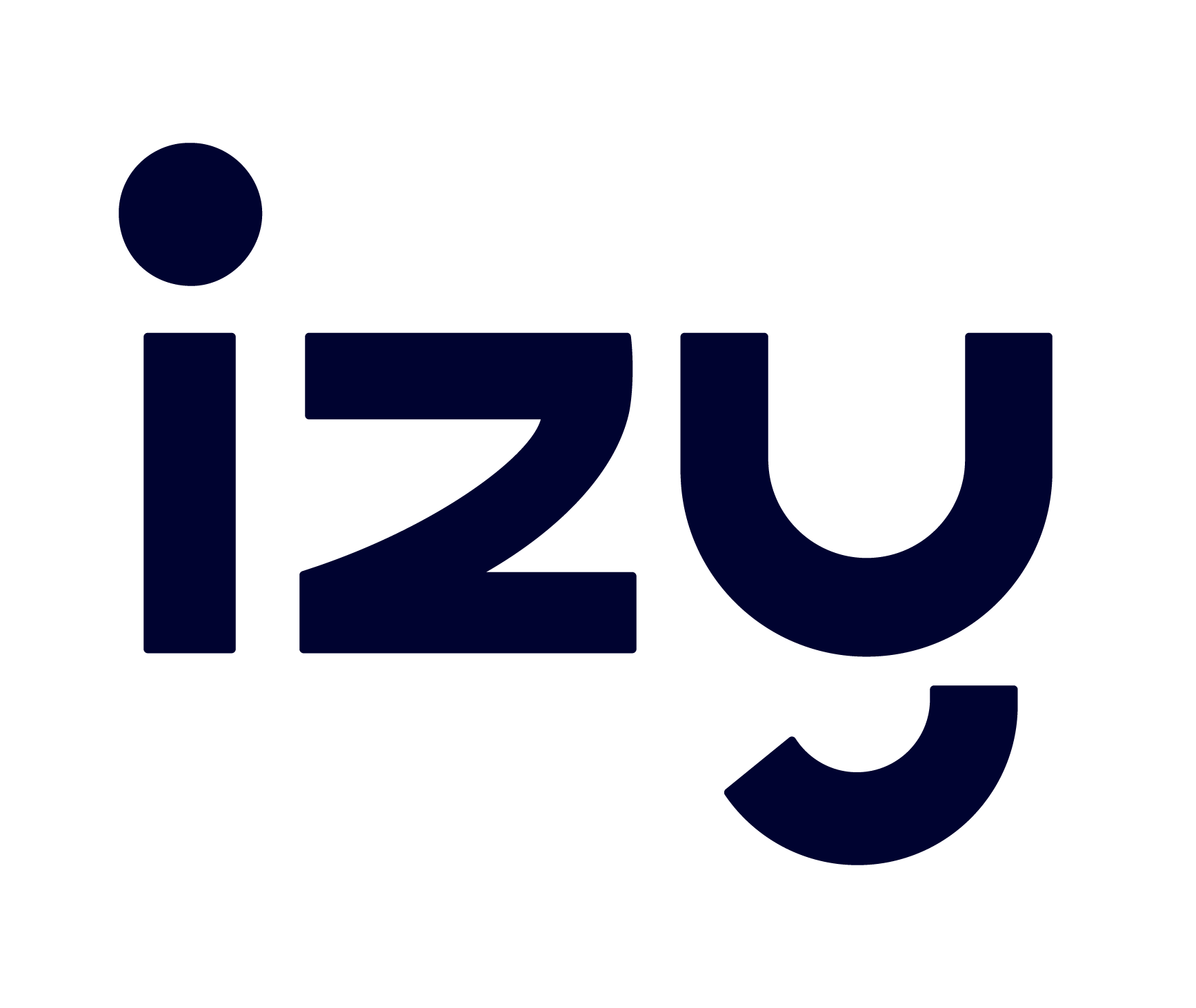Now that we're well into 2024, it's time to take a deep dive into the trends we believe will continue to shape the real estate sector going forward. The real estate industry is dynamic and influenced by changing societal needs and economic conditions. From sustainable buildings and technological innovation to the digitalization of property management, different trends in society will shape the way properties are developed, managed and experienced. There is a growing emphasis on sustainability and tenant needs, and this is reflected in this year's real estate landscape in Norway.
Trend 1: Increased focus on health and wellness services
The tenant experience is becoming increasingly important in the real estate sector, and this trend is expected to continue. Increased focus on health and wellness services for improved tenant experience is not only important to attract new tenants, but also to retain existing ones.
Recognizing that employee wellbeing directly impacts productivity and job satisfaction, companies are now investing in a wide range of health promotion initiatives to support employees' physical and mental wellbeing. This can include services such as fitness facilities, home doctors, physical therapy, pharmacy prescriptions and flexible working arrangements.
Such initiatives not only help to reduce sickness absence, but also create a positive working environment that promotes collaboration and creativity. By prioritizing health and wellness in the workplace, the workplace shows that they value the overall wellbeing of their employees and recognize the importance of creating a sustainable and supportive work environment. Izy's role in this will be to make the services available in a seamless and user-friendly way.
Trend 2: Flexible work environments
This trend is largely influenced by the experiences from the COVID-19 pandemic and the need to adapt to new ways of working.
Increased acceptance of remote working has led to an increased demand for shared workspaces. This is not only true for the self-employed and small businesses, but also for larger companies looking to offer flexible workspaces for employees.
Many companies have adopted a hybrid working model where employees can work partly from home and partly in the office. This has led to the need for flexible work environments that can accommodate both individual and collective work needs.
Office space is becoming increasingly modular to allow easy customization of the location of workstations, meeting rooms and common areas. This makes it possible to adapt the building to different needs over time. The inclusion of various services such as coffee bars, fitness facilities and recreational areas enhances the working experience of tenants and is becoming increasingly central to a building's appeal.
Trend 3: Technological innovation
Technological innovation in the real estate sector is a key component of the trends for buildings, building management and building operations. The desire to improve efficiency, safety and user experience in real estate environments provides opportunities for cost savings and an improved tenant experience.
Smart buildings are on the rise, using advanced technology, including IoT (Internet of Things), sensors and automation systems, to optimize the operation of buildings. This includes controlling lighting, temperature, security systems and other facilities based on real-time data.
Technology is also used to monitor and control energy consumption in buildings. This can include intelligent energy management systems that help reduce operating costs and lower environmental impact.
Data analytics tools are used to collect and analyze data from building operations. This provides insight into how buildings are used and enables predictive maintenance to prevent unforeseen failures.
Advanced security systems, including biometrics and access control, are used to protect buildings and tenants. Technology also makes it easier to track access and identify potential threats.
In addition, systems that keep track of the number of people in a building at any given time will increase in popularity. Based on historical data, these systems can make predictions about everything from when people are in the building to how many. The result of this type of prediction leads to everything from better energy savings to less food waste in the canteen. Izy has been testing prediction models for several months and will offer the product in the first half of the year. The models are based on historical and real-time data, as well as open data sources that affect whether we choose the office or other work solutions. Over time, the models have delivered a certainty of around 95%, which means that canteen operations, for example, can operationalize based on this insight. The sustainability benefits are obvious.
Trend 4: Sustainable buildings
Sustainable buildings continue to dominate the trends in the real estate sector in Norway in 2024. This aspect of real estate development and management focuses on reducing the environmental impact of buildings.
Efficient waste management and recycling systems help to minimize waste from the building's daily operations. Eco-Lighthouse certification confirms that the building meets strict environmental standards and promotes environmentally friendly practices.
Sustainable buildings are not only an environmentally friendly practice, but can also help reduce operating costs over time and increase property value. With growing awareness of climate change and environmental responsibility, sustainable buildings are expected to be a key priority in the future. Izy takes a position on sustainability through prediction where this is our answer to how we can utilize the data stream from the buildings.
Embrace the trends and stay competitive in 2024
As the real estate sector in Norway moves into 2024, it will be crucial for players to embrace these trends to remain competitive and meet ever-increasing demands from tenants and society. Sustainability, flexibility, technology and tenant experience will be keywords in the industry. Furthermore, investments in digitalization will be crucial to succeed in an ever-changing real estate landscape. Meeting these challenges and opportunities will be essential to shaping a more sustainable, efficient and satisfying workplace for the rest of the year.
Want a demo of our solution?
Get in touch today
Our solutions
For landlord
For service provider
For tenants
For employees
Product
Izy Portal
Izy App
Izy mAIfood
Izy Prediction
About Izy
About us
Do you have any questions?
FAQ
Privacy policy



